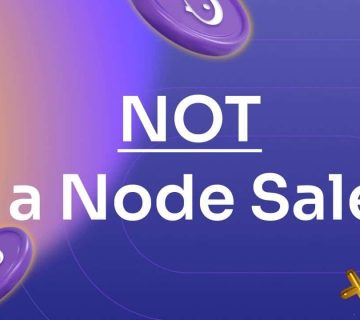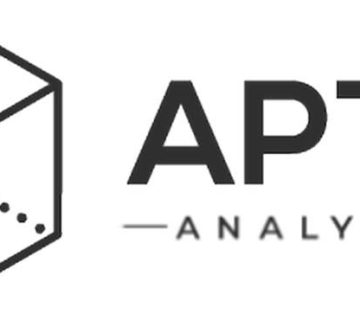On July 13, Ripple scored a big win in its nearly three-year-long legal battle against the US Securities and Exchange Commission (SEC) after a court ruled that the majority of XRP sales do not fall under the classification of securities transactions.
This has raised questions about the potential implications for cryptocurrencies, such as Solana (SOL), Cardano (ADA), Polygon (MATIC), and other tokens facing similar allegations of being unregistered securities. Let’s examine the implications of Ripple’s victory for these tokens.
Ripple Wins SEC After Three Years
In December 2020, the SEC filed a lawsuit against Ripple Labs and its founders, Brad Garlinghouse and Christian Larsen, alleging that the company and its executives conducted an unregistered securities offering through the sale of XRP.
The SEC argued that XRP should be classified as a security, placing it under the agency’s regulatory purview. However, Ripple boldly refuted the allegations and mounted a robust legal defense.
On July 13, 2023, after nearly three years of intense legal battle, Ripple scored a landmark victory as Judge Analisa Torres, presiding over the case, ruled that most of the tokens in XRP sales do not constitute securities transactions.
What Does Ripple’s Win Mean for Other Tokens?
The ruling has far-reaching implications for the broader crypto ecosystem, especially for tokens like SOL, ADA, MATIC, and others that have faced similar allegations from the SEC.
Recall that the agency claimed that at least 12 tokens, including Binance Coin (BNB), Binance USD (BUSD), Solana (SOL), Cardano (ADA), Polygon (MATIC), Filecoin (FIL), Cosmos Hub (ATOM), The Sandbox (SAND), Decentraland (MANA), Algorand (ALGO), Axie Infinity (AXS), and COTI (COTI), are securities in its lawsuits against leading crypto exchanges Binance and Coinbase.
However, t
Go to Source to See Full Article
Author: Mandy Williams





